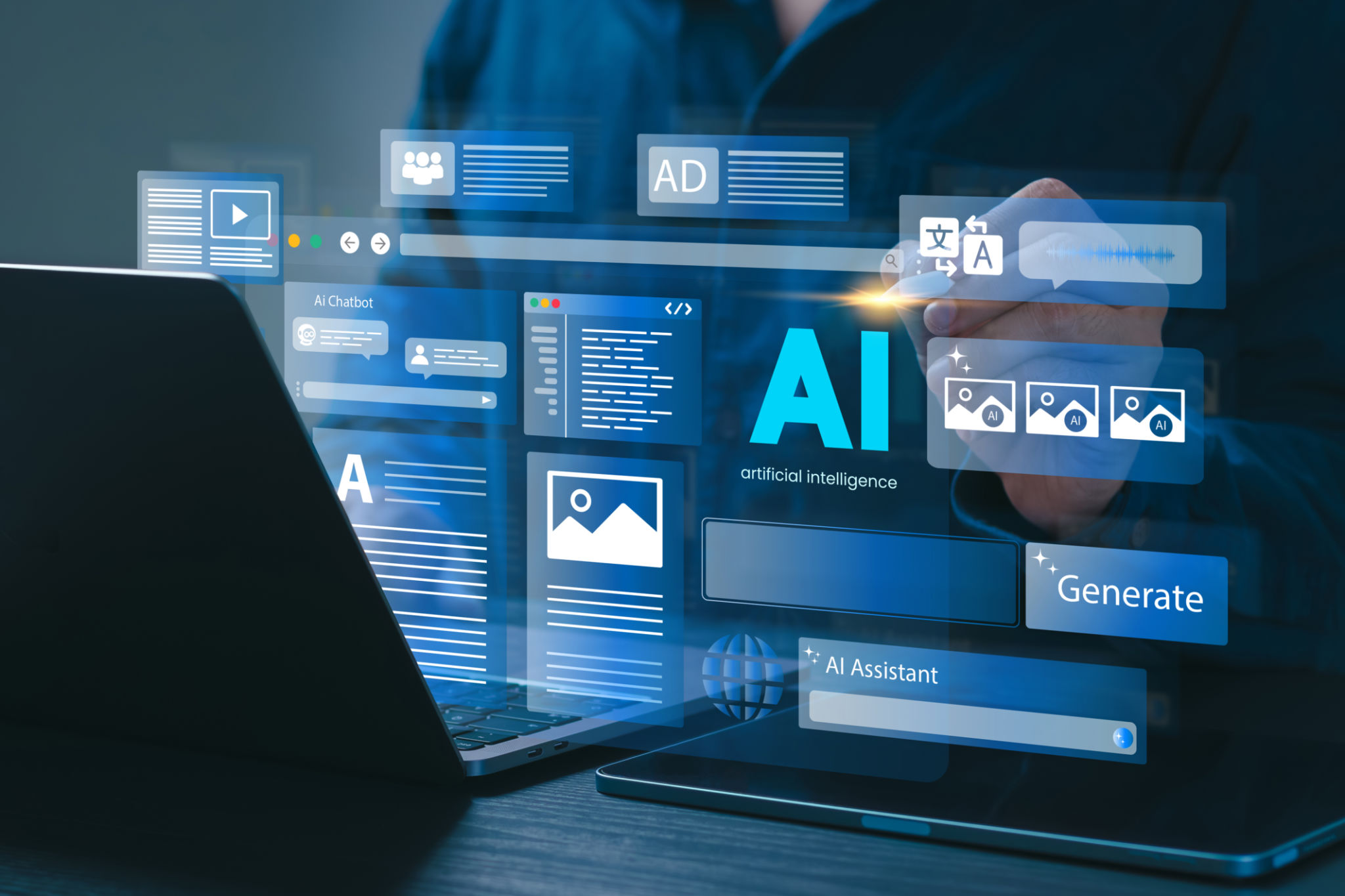AI in Advertising: Trends Shaping the Future of Marketing
Introduction to AI in Advertising
Artificial Intelligence (AI) is revolutionizing the advertising industry, offering new opportunities for marketers to reach and engage audiences in more personalized and efficient ways. As technology continues to advance, AI's role in advertising is becoming increasingly significant, shaping the future of marketing with innovative trends.

Personalization at Scale
One of the most impactful applications of AI in advertising is its ability to deliver personalized content at scale. By analyzing vast amounts of data, AI can identify individual consumer preferences and create tailored advertisements that resonate more deeply with audiences. This level of personalization leads to higher engagement rates and improved customer satisfaction.
AI-driven personalization can be seen in various forms, such as dynamic ad creation, recommendation engines, and targeted email campaigns. These tools allow marketers to deliver the right message to the right person at the right time, significantly enhancing the effectiveness of their efforts.
Enhanced Data Analysis
Data is at the heart of modern advertising strategies, and AI is transforming how companies analyze and utilize this data. Advanced algorithms can process and interpret complex datasets much faster than traditional methods, providing insights that drive strategic decisions.

This enhanced data analysis capability enables advertisers to understand consumer behavior better, predict trends, and optimize their campaigns for maximum return on investment. By leveraging AI, marketers can make data-driven decisions that lead to more effective advertising strategies.
Automated Advertising Platforms
Automation is another significant trend in AI-driven advertising. Automated platforms powered by AI can manage entire ad campaigns with minimal human intervention, handling tasks such as bidding, targeting, and content delivery. This not only saves time but also ensures that campaigns are optimized for performance.
- Programmatic Advertising: Automates the buying and selling of ad space in real-time.
- Chatbots: Provides instant customer service and engagement on websites.
- AI-Powered Analytics: Offers real-time insights and performance tracking.

Voice and Visual Search
With the rise of smart speakers and voice-activated devices, voice search is becoming an essential component of digital marketing strategies. AI technologies are enabling advertisers to optimize their content for voice search, ensuring their messages reach these growing audiences.
Similarly, visual search capabilities are enhancing how consumers find products online. AI-powered visual search allows users to upload an image to start a search query, making it easier for them to discover and purchase products they see in advertisements or social media posts.
Ethical Considerations
As AI continues to shape the future of advertising, ethical considerations become increasingly important. Marketers must be mindful of privacy concerns and ensure that their use of AI complies with data protection regulations.
Transparency in how AI technologies are used is also crucial. Consumers need to trust that their data is being handled responsibly and that AI-driven advertisements are not manipulative. Establishing ethical guidelines and practices will be vital for the sustainable growth of AI in advertising.
Conclusion
The integration of AI into advertising is reshaping the industry, offering unprecedented opportunities for personalization, efficiency, and engagement. As these technologies continue to evolve, marketers must stay informed about emerging trends and adopt strategies that leverage AI's full potential while addressing ethical challenges.
The future of advertising lies in harnessing the power of AI to create more meaningful connections with consumers, driving both brand success and customer satisfaction.